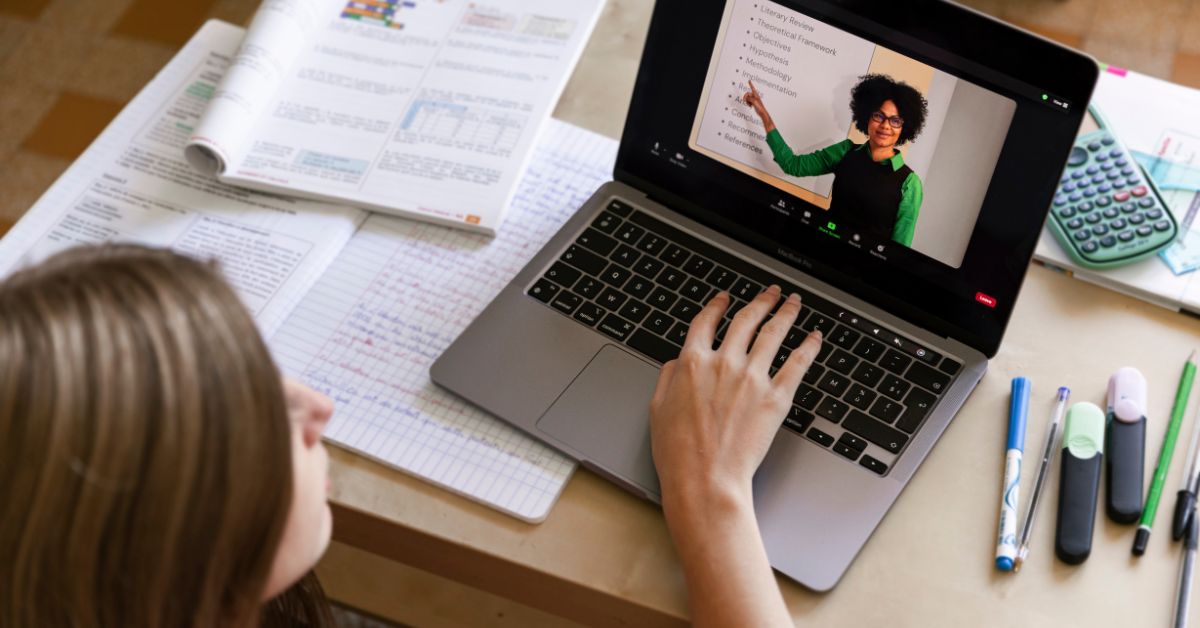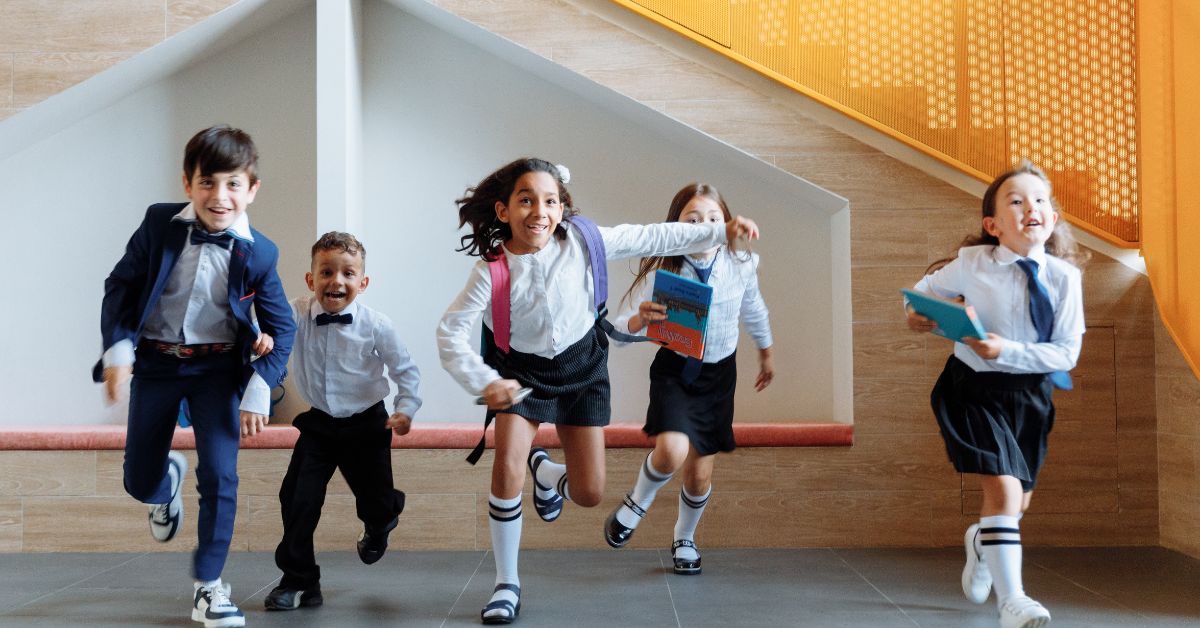The pandemic didn’t just close schools—it cracked open decades-old education systems and exposed their biggest flaws. Now, with physical campuses back open, one method is standing out as the bridge between old and new: the hybrid learning model.
It’s not just a temporary fix. It’s the blueprint for the future.
What Is the Hybrid Learning Model?
The hybrid learning model blends in-person instruction with online learning, giving students the best of both worlds.
It typically includes:
- Physical classroom time for collaboration, labs, discussions
- Online modules for lectures, assignments, and independent study
- Flexible schedules and digital tools to personalize the learning journey
Unlike full remote learning, hybrid doesn’t remove the classroom—it reinvents how and when it’s used.
Why Schools Are Embracing the Hybrid Model
The appeal is simple: it works better for more students.
1. Flexibility is now a need, not a luxury
Students can learn at their own pace, revisit lessons, and manage their time more independently.
2. Personalization becomes possible
Digital platforms adjust to learning speeds. Teachers can tailor content without lecturing twice.
3. Preparedness for the real world
In college and the workforce, hybrid learning and remote collaboration are the norm. This model trains students early.
4. Continuity in crises
Snow day? Illness? Natural disaster? Learning doesn’t have to stop.
A Post-Pandemic Transformation: Real-World Examples
Chicago Public Schools
Students now attend core classes in person, but complete writing assignments and enrichment activities online. Attendance has improved, and teacher burnout is down.
Bangalore, India
An international school offers 3 days on campus and 2 days remote. Students use recorded lectures, AI tutors, and project-based assessments. Parent satisfaction has soared.
Rural Australia
Limited access to in-person teachers? Hybrid programs use live video, digital platforms, and local mentors—allowing kids in remote areas to access urban-level education.
What a Hybrid School Week Looks Like?
| Day | Format | Focus |
|---|---|---|
| Monday | In-person | Discussions, group work, science labs |
| Tuesday | Remote | Self-paced lessons, video lectures |
| Wednesday | In-person | Math instruction, peer collaboration |
| Thursday | Remote | Project work, AI quizzes, virtual feedback |
| Friday | In-person | Presentations, hands-on practice, review |
This flexibility makes learning more dynamic, personal, and durable.
Challenges of the Hybrid Model (And How Schools Are Solving Them)
It’s not all smooth sailing. Schools adopting the hybrid learning model face:
- Tech gaps – Some students lack devices or stable internet
- Time management struggles – Students may procrastinate without structure
- Teacher training – Many educators weren’t prepared to teach both online and in person
Solutions:
- Device lending programs
- Digital literacy and productivity workshops
- Professional development for hybrid instruction methods
“Hybrid isn’t about being half-online. It’s about being 100% smarter with how we use time, space, and tech,” says curriculum designer Amanda Ruiz.
How Teachers Are Thriving in Hybrid Classrooms
Teachers who once feared “losing control” have found new strengths:
- More time for meaningful interaction
- Better insight into student performance through digital tracking
- Fewer repetitive lectures—replaced by video, freeing time for feedback
And they’re innovating fast—with flipped classrooms, virtual labs, and student-created content becoming the new norm.
The Verdict: Hybrid Is Here to Stay
The hybrid learning model isn’t just a response to a crisis—it’s a strategic, student-centered evolution. Schools that embrace it aren’t going backward. They’re preparing learners for a world where flexibility, autonomy, and tech fluency are non-negotiable.
Whether it’s a city school, rural district, or international academy, hybrid learning is reshaping how we define “school”—from rigid to responsive, and from confined to connected.








